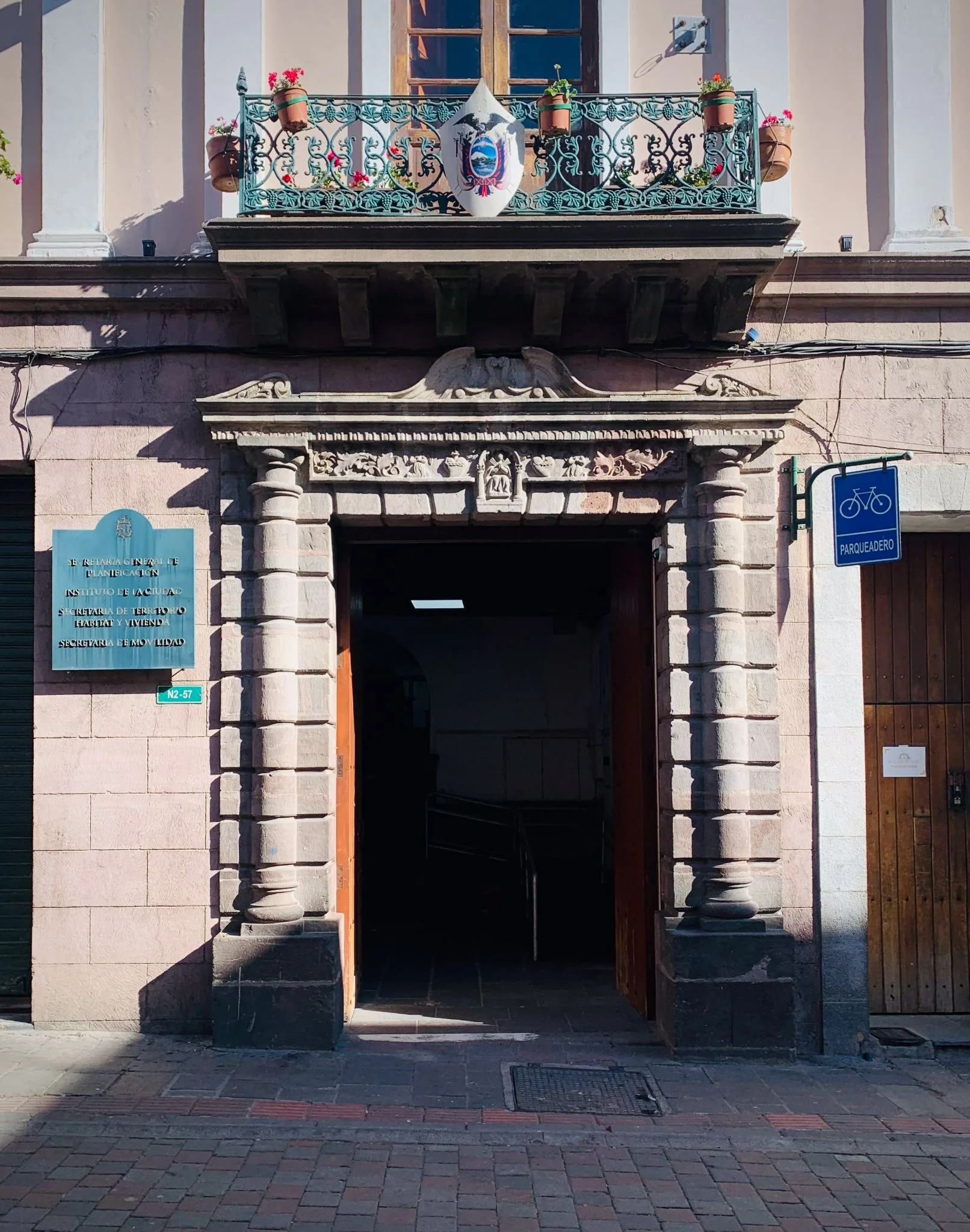Research
“Design from the Periphery: A Reckoning with the Contradiction of Situated Capability Building for Public Design Transitions”
This dissertation examines how public design contributes to societal transitions when practiced within the structural, institutional, and geopolitical conditions of public-sector worlds, with a particular focus on Latin America. As transition and public design scholarship increasingly emphasize long-term, systemic, and place-based change, fewer studies document how such work is enacted inside public institutions shaped by power asymmetries, political volatility, and resource constraints. This research examines how public designers cultivate, negotiate, and sustain transition-oriented practice by engaging institutional power, relational infrastructures, and the affective and material conditions of public-sector work.
The dissertation is organized as a multi-sited methodological assemblage that integrates design-for-policy workshops, 29 dialogues with Latin American public designers, a participatory collaboration with a municipal department in Quito, Ecuador, and a reflexive positional inquiry into my own formation as a designer working across Global South and Global North worlds. Together, these sites illuminate how contradictions embedded in institutional arrangements, professional identities, and geopolitical histories shape the conditions under which public design practice unfolds.
The dissertation advances four conceptual orientations that frame public design transitions as situated and relational. Structural power, developed as a co-evolving area of Transition Design, attends to how historical, political, and institutional forces shape what forms of design action become possible or constrained within public-sector worlds. Designing from handiness describes how public designers mobilize existing knowledge, practices, material conditions, and relationships to work within institutional fragility and sustain collective action over time. Ecologies of relational practices highlight how public design oriented toward societal transitions is carried through networks of trust, care, translation, and coordination that extend beyond discrete projects or interventions. Institutional affect captures how emotions, attachments, and shared sensibilities circulating within organizations influence the durability, legitimacy, and direction of public design efforts.
The dissertation contributes empirically grounded insights into how transition-oriented design is practiced in under-resourced public institutions. It extends the Transition Design theoretical framework and the field of public design by foregrounding positionality, reflexivity, and situated capability-building as central to how designers engage with institutional power, sustain collaboration, and cultivate conditions for more just and grounded transitions.
Understanding the designer’s role in Latin American Public Sector Innovation Labs. Masters Thesis
This project explores Public Sector Innovation Labs (PSI Labs) in the Latin American context with a particular focus on designer’s contributions. PSI Labs provide a fantastic opportunity for governments to experiment and innovate how public services are delivered to citizens and improve public institutions’ operations. PSI Labs are becoming increasingly visible, but research has mainly focused on PSI Labs in Europe and North America. Moreover, research has also concentrated on PSI Labs as an institution but not on the people working in them. This thesis attempts to contribute to this growing body of research by studying the particularities of operating PSI Labs in Latin America and design/ers contributions in a space that, according to some proponents, can play an important role in addressing pressing social challenges. By engaging with designers and public servants from other disciplines through semi-structured interviews, this thesis presents insights and proposes future directions that could strengthen PSI Labs structures in Latin America and design contributions. Finally, research findings are synthesized in the form of a Giga map that includes the following themes: challenges, best practices, ideal conditions, expert design, learning opportunities for designers and other public servants, and qualities and expertise of people working in Latin American PSI Labs.
Publications
(Under review) Holding Paradoxes Together: Navigating Institutional Complexity in Public Design. Design Research Society Digital Library. DRS2026 Conference. Edinburgh, United Kingdom.
(Under review) “Latin American Design Practices at the Intersection of Policy, Participation, and Systemic Change.” 2026 Special Issue: Design Practices Transitioning Towards Embracing Systemic Worldviews. Temes de Disseny.
Examining the Impact of Design Studies: Systems and Persuasion Courses on Undergraduate Students at Carnegie Mellon University. Design Research Society (DRS) Special Interest Group (EdSIG) LearnXDesign 2025 Conference. Aveiro, Portugal. ResearchGate Link.
Designing from Handiness: Cultivating Collective Design Capabilities in Quito, Ecuador. Visiones del Diseño VIII: El diseño como mediador cultural del cambio sistémico. Journal: Cuadernos del Centro de Estudios en Diseño y Comunicación. Universidad de Palermo. Argentina. DOI: https://doi.org/10.18682/cdc.vi264.12326
Co-Design of a Program for Medical Students’ Experiential Learning in Community-Engaged Research. The Journal of Community Engagement and Higher Education. ERIC Number: EJ1470318
DRS2024: PhD ConsortiumDRS2024: PhD Consortium
Design Research Society Digital Library · Oct 23, 2024
International Public Policy Association. T07P10 / Seeking for symbiosis: Making way for the new policy design orientation within established traditions · Jun 26, 2023
NORDES 2023 Doctoral Consortium · Jun 12, 2023
The Bringle and Hatcher Civic Engagement Showcase - Center for Service Learning and the Institute for Engaged Learning at IUPUI · Apr 27, 2021
DRS2020 Conversations · Aug 11, 2020
Walk Bike Places 2020 · Aug 3, 2020
How might we inform design research through participatory design approaches? How might we inform design research through participatory design approaches?
Participatory Design Conference 2020 · Jun 15, 2020
"Knowledge and practices of Sustainable Feeding in children of the Andes and Amazon of Ecuador" "Knowledge and practices of Sustainable Feeding in children of the Andes and Amazon of Ecuador"
Academic Poster: XVIII Latin American Nutrition Congress. Guadalajara, Jalisco, México. · Nov 1, 2018
Speaker at VIII Pedagogical Conference on technology and educational innovation. "Technologies for e-learning new paradigms in education". Speaker at VIII Pedagogical Conference on technology and educational innovation. "Technologies for e-learning new paradigms in education".
Casa Grande University. Guayaquil, Ecuador. · Nov 1, 2017
Academic Poster author: “Designing for e-money in Ecuador, a user centered approach”. Academic Poster author: “Designing for e-money in Ecuador, a user centered approach”.(
V REDU Pre-Congress. · Oct 1, 2017V REDU Pre-Congress. · Oct 1, 2017 (Made as part of the Honors Program final presentation of projects).
“Experiences in the implementation of the Flipped Learning Model”.“Experiences in the implementation of the Flipped Learning Model”.
Education Symposium of Quality, Culture and Society. V REDU Congress. · Oct 1, 2017

